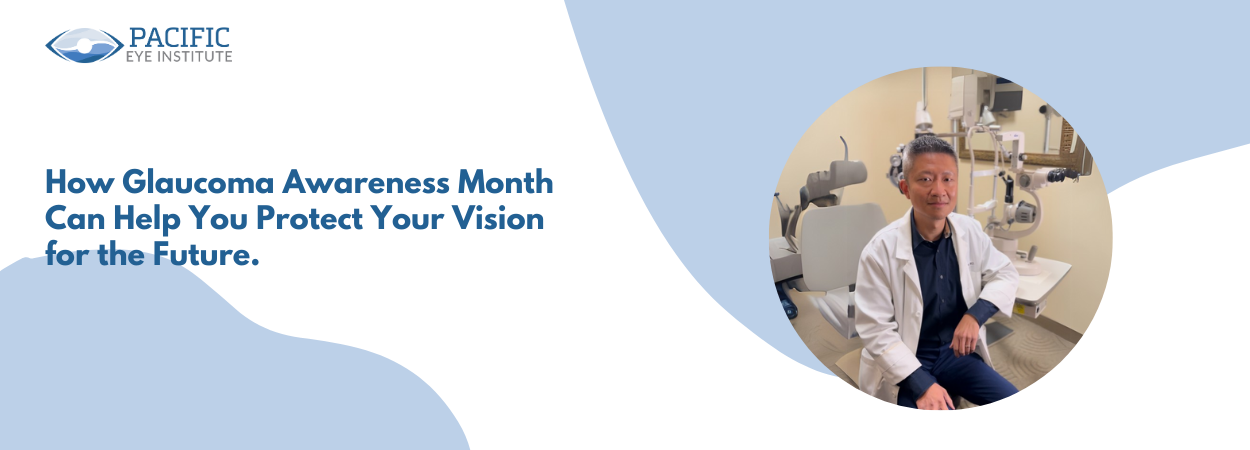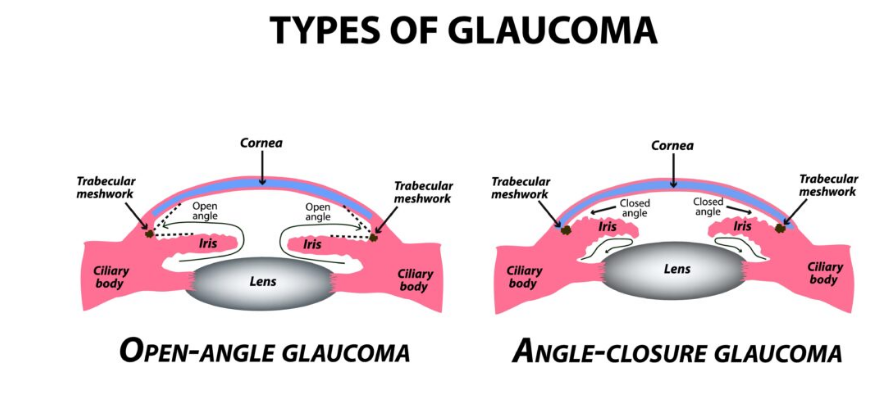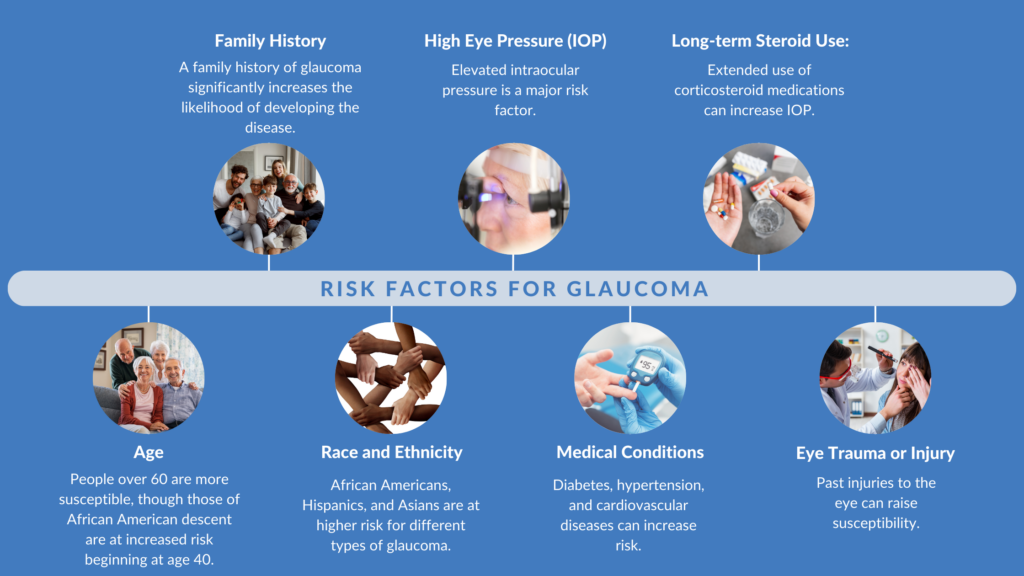
Every January, Glaucoma Awareness Month shines a spotlight on a disease that affects millions worldwide and is one of the leading causes of irreversible blindness. Known as the “silent thief of sight,” glaucoma can progress without noticeable symptoms, making education, early detection, and treatment crucial for preserving vision.
What Is Glaucoma?
Glaucoma refers to a group of eye conditions that damage the optic nerve, often due to increased pressure within the eye (intraocular pressure or IOP). The optic nerve transmits visual information to the brain, and damage to it can result in vision loss or blindness. Glaucoma develops gradually and typically starts with peripheral vision loss before affecting central vision.
Symptoms of Glaucoma:
At first, glaucoma can present no symptoms.
Vision stays normal and there is no pain. But as the disease gets worse, side vision may begin to fail. Objects straight ahead may be clear, but objects to the side might be missed. When glaucoma is left untreated, the field of vision narrows, and objects in the front can no longer be seen.

How do I know I have Glaucoma?
There is only one way to know if you have glaucoma. Getting a comprehensive dilated eye exam is the only way to find out if you have glaucoma. During the exam, an eye care professional places drops in your eyes to widen the pupils and looks for signs of the disease in the optic nerve. (National Eye Institute)
At Pacific Eye Institute, our expert glaucoma specialist — Edward Yung M.D., John Kim M.D., and Steven Fish M.D.—are here to provide you with the best care and personalized treatment to help protect your vision.
Types of Glaucoma

Risk Factors for Glaucoma

Glaucoma Prevention: Key Steps for Eye Health
Preventing glaucoma or slowing its progression involves a proactive approach to eye care and overall well-being. Here are key prevention tips:
- Keep Appointments: Regular eye exams are crucial for early detection and management of glaucoma. Staying on top of appointments helps monitor any changes in your eye health.
- Medication Compliance: Adhering to prescribed eye drops or medications is vital for controlling eye pressure and preventing vision loss.
- Review Family History: Glaucoma often runs in families, so understanding your family history can help assess your risk and guide preventive measures.
Taking these steps can help protect your vision and manage glaucoma effectively. Click here for more information.
How Is Glaucoma Treated?
While glaucoma cannot be cured, early intervention and effective management can slow or prevent vision loss. Treatments typically aim to lower intraocular pressure and may include:
Medications:
- Prescription eye drops, such as prostaglandin analogs or beta-blockers, are the first line of treatment for reducing IOP.
- Combination drops may be used for more severe cases.
Laser Treatments:
- Selective Laser Trabeculoplasty (SLT): A non-invasive procedure that improves fluid drainage from the eye.
- Laser Iridotomy: Used for angle-closure glaucoma, creating a small hole in the iris to improve fluid flow.
Surgery:
- Trabeculectomy: A surgical procedure to create a drainage pathway for excess fluid.
- Glaucoma Drainage Devices: Tiny shunts are implanted to help drain fluid and reduce IOP.
Emerging Technologies:
- iDose: A revolutionary implantable drug delivery system designed to provide sustained IOP reduction. It slowly releases medication over months or even years, reducing the need for daily eye drops and improving treatment adherence.
- MIGS (Minimally Invasive Glaucoma Surgery): Techniques such as the iStent or Hydrus Microstent offer less invasive options for glaucoma patients, particularly those with mild to moderate cases.
Why Awareness Matters
Glaucoma progresses silently and often remains undetected until significant vision loss occurs. Raising awareness encourages regular eye exams, especially for high-risk individuals, enabling early diagnosis and intervention.
This Glaucoma Awareness Month, take a proactive step to protect your vision. If you’re at risk, schedule a comprehensive eye exam, including optic nerve evaluation and eye pressure measurements. Early detection can make all the difference in preserving your sight. Call (833) 443-3138 to book your appointment and make sure your eyes are part of your health plan.
Don’t wait—your eyes are your windows to the world, and their health is worth the effort.








